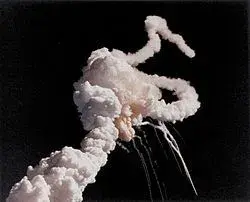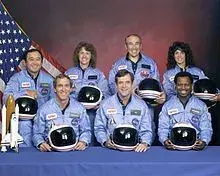Richard Brown
iPF Novice
J. A. said:I was too young to recognize then. But I can imagine from the documentaries I've seen already that this must have been a dramatic and sad day for those people interested in and working on the challenge to go to the moon before the end of the decade. Not to mention the friends and families of the astronauts.
It was a dramatic sad happening. The pure oxygen factor helps keep it on my memory.
Sent from my iPad 1 using iPF - Greetings


